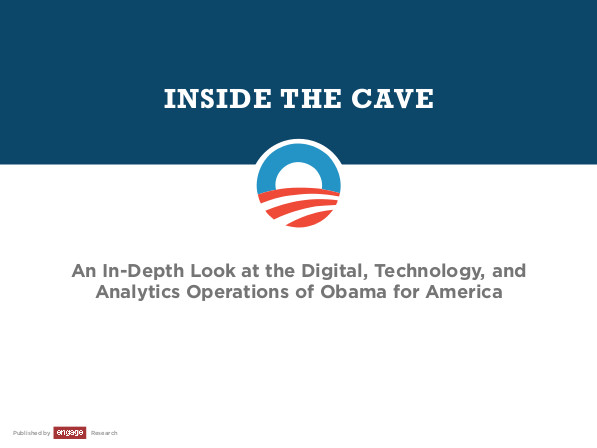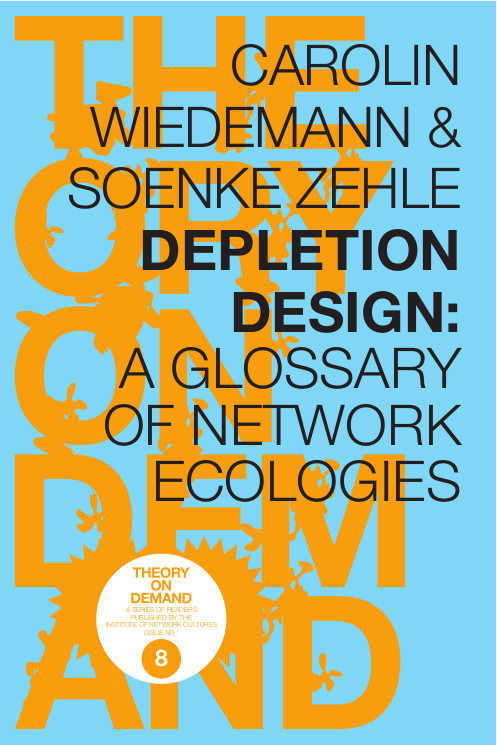Alexander Bard, Jan Söderqvist: The Futurica Trilogy (2012)
Filed under book | Tags: · body without organs, capitalism, empire, event, globalisation, internet, machine, memetics, networks, philosophy, politics, schizoanalysis, sex, society, technology

“In the late 1990’s, Swedish social theorists Alexander Bard and Jan Söderqvist started working on a radical new theory, since referred to as The Netocracy Hypothesis. At this early stage Bard & Söderqvist foresaw that the control of the internet would be the subject of the main power struggle for the next century; an outright war between a brand new rising elite (the netocrats) and an established but rapidly declining elite (the bourgeoisie). They made predictions against the tide in the early years of the new millennium (and cleverly foresaw both the dot com crash and September 11), and have since then been proven right in virtually every aspect and even in the most minute of details. Not only did Bard & Söderqvist foresee revolutionary innovations such as Google, Facebook, Al-Qaida and Wikileaks, they also went deeper and looked beyond where any other observer has been or managed to go, into the very power struggle of the on-going revolution. Now, for the first time, all three of Bard & Söderqvist’s groundbreaking works have been collected and released as one compact set, under the title The Futurica Trilogy. The first book is The Netocrats (explaining how the internet creates a new global upper class which fights and destroys the old stuggling power structure); the second book is The Global Empire (dealing with the worldview of the netocrats and how it radically differs from any previous ideology in history); and the third book is The Body Machines (discussing how the idea of what it means to be human in an interactive world radically differs from any previous concept of human existence).”
Originally published in Swedish in 3 volumes: Nätokraterna (2000), Det globala imperiet (2002), and Kroppsmaskinerna (2009).
Translated by Neil Smith
Publisher Stockholm Text, 2012
ISBN 9789187173035
740 pages
video interview with the authors (2008)
Comment (0)Inside the Cave: Obama’s Digital Campaign (2012)
Filed under report | Tags: · 2012, facebook, internet, politics, social media, technology, twitter, united states

Inside the Cave is an in-depth look at the digital, technology, and analytics operations of the President Obama’s re-election campaign. Engage Research compiled insights, data, and anecdotes from hundreds of news stories, blog posts, conference presentations, and conversations into a single presentation.
Publisher Engage Research, December 2012
93 pages
via pht
commentary (Mashable.com)
When the Nerds Go Marching In (Alexis Madrigal, The Atlantic)
Carolin Wiedemann, Soenke Zehle (eds.): Depletion Design: A Glossary of Network Ecologies (2012)
Filed under book | Tags: · algorithm, anonymous, architecture, biopolitics, commons, creative industries, cyborg, design, ecology, hackerspace, media ecology, network ecology, networks, politics, remix, software, spam, technology, theory

“Depletion Design suggests that ideas of exhaustion cut across cultural, environmentalist, and political idioms and offers ways to explore the emergence of new material assemblages. Soenke Zehle and Carolin Wiedemann discuss Depletion Design with Marie-Luise Angerer, Jennifer Gabrys and David M. Berry, inviting tm13 participants into a collaborative reflection on the necessity to understand human beings as one species among others – constituted by interactions of media, organisms, weather patterns, ecosystems, thought patterns, cities, discourses, fashions, populations, brains, markets, dance nights and bacterial exchanges (Angerer); on the material leftovers of electronics as provocations to think through and rework practices of material politics that may be less exploitative within our natural-cultural relationships (Gabrys); and on lines of flight from and through the computational – about expanding them into new ways of living beyond current limitations and towards new means of judgment and politics (Berry).
We, or so we are told, are running out of time, of time to develop alternatives to a new politics of emergency, as constant crisis has exhausted the means of a politics of representation too slow for the state of exception, too ignorant of the distribution of political agency, too focused on the governability of financial architectures. But new forms of individual and collective agency already emerge, as we learn to live, love, work within the horizon of depletion, to ask what it means to sustain ourselves, each other, again. Of these and other knowledges so created, there can no longer be an encyclopedia; a glossary, perhaps.”
Contributors: Marie-Luise Angerer (Cyborg), Franco ‘Bifo’ Berardi (Exhaustion, Soul Work), David M. Berry (On Terminality), Zach Blas (Queer Darkness), Drew S. Burk (Grey Ecology), Gabriella Coleman (Anonymous), Heidi Rae Cooley (Ecologies of Practice), Sebastian Deterding (Playful Technologies, Persuasive Design), Jennifer Gabrys (Natural History, Salvage), Johannes Grenzfurthner & Frank A. Schneider (Hackerspace), Eric Kluitenberg (Sustainable Immobility), Boyan Manchev (Disorganisation, Persistence), Lev Manovich (Software), Sonia Matos (Wicked Problems), Timothy Morton (Ecology without Nature), Jason W. Moore (Crisis), Anna Munster (Digital Embodiment), Eduardo Navas (Remix[ing] Re/Appropriations), Brett Neilson (Fracking), Sebastian Olma (Biopolitics, Creative Industries, Vitalism), Luciana Parisi (Algorithmic Architecture), Jussi Parikka (Dust Matter), Judith Revel (Common), Ned Rossiter (Dirt Research), Sean Smith (Information Bomb), Hito Steyerl (Spam of the Earth)
Publisher Institute of Network Cultures, Amsterdam, Dec 2012
Theory on Demand series, 8
Creative Commons Attribution-NonCommercial-ShareAlike 3.0 Netherlands License
ISBN 9789081857512
via jussiparikka.net
PDF, PDF (updated on 2015-7-9)
Comment (0)
